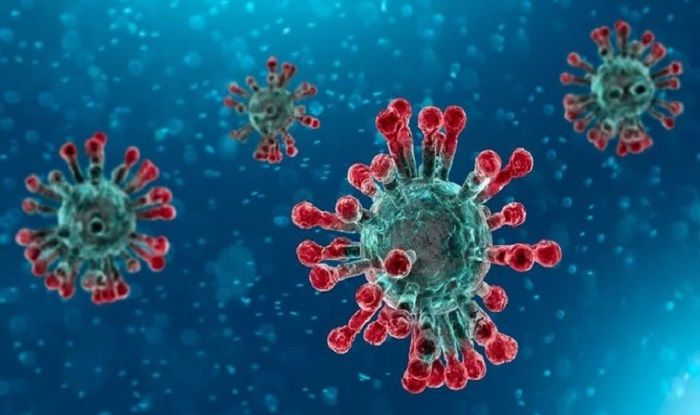A study published in the journal Brain has revealed that there is no association between novel COVID-19 and Guillain-Barre syndrome. This research was done as there were reports that said that COVID-19 patients have been found to be affected by an unusual side-effect that’s making them temporarily paralyzed, in some cases respiratory failure and death.
What is Guillain Barre Syndrome?
It is a rare autoimmune disorder. And sometimes when our immune system is trying to kill the coronavirus, it can accidentally attack the peripheral nervous system- a channel of nerves from the brain and spinal cord to different parts of the body.
“In this epidemiological and cohort study, we sought to investigate any causative association between Covid-19 infection and GBS,” said study authors from the University College London (UCL) in the UK.
The team assessed the number of GBS treatments reported to the NHS England National Immunoglobulin Database between 2016 and 2019.
This was compared to the number of cases reported during the Covid-19 pandemic in the first half of 2020. The annual incidence of GBS treated in UK hospitals between 2016 and 2019 was 1.65-1.88 per 100,000 individuals. Incidences of GBS fell 40-50 percent between March and May 2020 when compared to the same months of 2016-2019.
This new finding contradicts that of other smaller and less extensive international studies.
“Our study shows there was no increased incidence in GBS during the first wave of Covid-19; rather, there was a decrease and therefore no causal link of Covid-19 to GBS can be made,” said study first author Stephen Keddie.
Separately in this study, the research team also tried to establish if there was any genetic or protein structure in SARS-CoV-2, the virus that causes Covid-19, which could trigger an immune response causing GBS.
Unlike Campylobacter, which contains human-like antigens causing an autoimmune response, no credible link was found with SARS-CoV-2.
“Most Covid-19 vaccinations are based on the SARS-CoV-2 spike protein, which drives a complex immune response creating antibodies to fight infection,” the study authors wrote.
“Our analysis shows SARS-CoV-2 contains no additional immunogenic material known or proven to drive GBS. Concerns that Covid vaccination might cause GBS in any significant numbers are therefore almost certainly unfounded,” they noted.
(With inputs from IANS)
